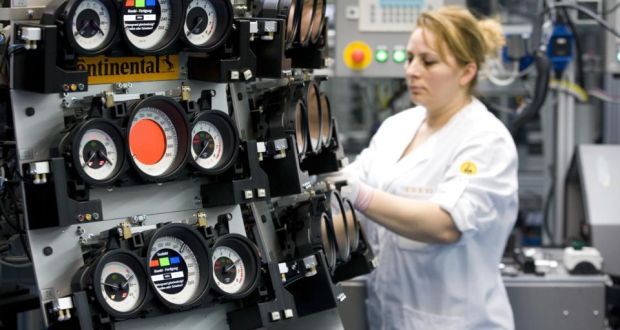Air-con regassing: everything you need to know

If your air conditioning stops working, more often than not it can be resolved quickly and easily with an air-con regas.
Most of us expect our air con to work without a second thought, but when warm air comes out of the vents on one of the few scorching days of British summer, it's a nightmare.
It's usually not this drastic - you'll probably find that over time your air-con system doesn’t work as well as it did when new. That’s because it needs regular maintenance, which many of us fail to do.
Fortunately, it’s not an expensive or difficult job to keep your air-con working, let's find out the process involved, whether you can do it yourself, and everything else you need to know about air-con regassing.
What is regassing?
Air-con regassing is the process of removing the old refrigerant gas from your air conditioning system and replacing it with new refrigerant, so your air con can run cold again.
It should be the first thing you explore if your air-con system isn’t blowing as cold as it should. The process should take a specialist no longer than an hour to do.
There could be other reasons why your air-con isn't blowing cold anymore, but a reputable mechanic will be able to advise if the issue is the result of anything other than the need for regassing.
For example, it's possible your system may have a leak - for more information read our air-con myths article.
Can I regas my air-con system myself?
You can buy air-con regas kits if you’d like to attempt the job yourself, but we wouldn’t advise it.
They’re almost as expensive as paying a specialist to do the job and if anything goes wrong, you may be left with a very expensive repair bill.
Specialists will also have a better idea of how to check for leaks and other problems with the air-con system, and there are safety factors to be considered, too. If the refrigerant gas comes into contact with your skin or eyes, it could cause painful freeze burns.
How do you know when your air-con needs regassing?
The first sign that your air-con needs regassing is that the air being blown from the vents is not as cool as it used to be, or it doesn’t feel any different when the AC is switched off.
If you can’t remember the last time the system was regassed, it’s probably worth doing. Alternatively, many specialists are happy to perform a free check.
How often should you get your air-con regassed? When should it be serviced?
Most manufacturers recommend you service your car’s air-con every two years or so, but many people wait until it’s not blowing cold air.
This is unlikely to cause any harm, but bear in mind that poorly-functioning air-con will make it more difficult to demist windows in winter and could work the engine harder, thus using more fuel, so it’s not worth putting off a system check.
Is a regas part of a service?
While servicing your car regularly is important for keeping it in reliable and roadworthy condition, services rarely cover the air-con system. Any garage should be able to perform a regas, though, with many companies charging in the region of £50.
Some firms offer discounts over winter or approaching summer, so keep an eye open to save money on your air-con regas.
When your car’s air-con is given a service, the technician should check the system’s lubricant level and replace the old refrigerant gas with new gas up to the required level.
They should also perform a vacuum test to check for any cracks or leaks that could prevent your air-con working in the future.
What happens if I don’t regas my air-con system?
If you don’t regas the air-con system, it will gradually become less efficient, making the car uncomfortable in hot weather, and take longer to demist the windows in winter.
Not regassing your air-con system will be bad for it in the long run, too, with pipes likely to crack and parts likely to seize up if it isn’t used.
What else do I need to consider about my car’s air-con, and how do I maintain it?
As well as getting the system re-gassed, the best way to keep your air-con in top form is to use it all year round.
Change the cabin filter regularly, and consider an anti-bacterial clean if you notice musty smells coming from the vents.




